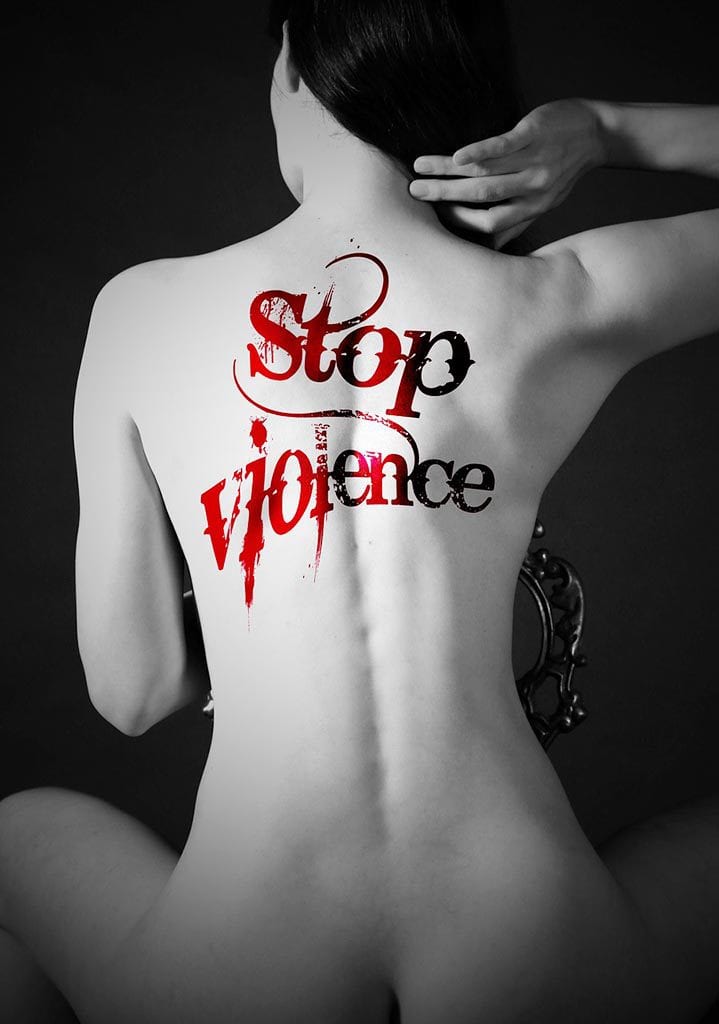
Updated Nov, 2023
Europe Promoting Rape Culture:
In the wake of the shocking New Year’s Eve incidents in Cologne, where reports of sexual assaults, possibly involving up to 1,000 men, sent shockwaves across Germany, the nation found itself at the crossroads of cultural clashes and political intricacies. The aftermath of these assaults revealed a multifaceted response that reflected the challenges Europe faces in addressing issues of sexual violence while navigating the complexities of immigration and cultural diversity.
Cologne’s Mayor, Henriette Reker, responded to the assaults with a suggestion that raised eyebrows – a “code of conduct” for women to prevent further assaults. This proposal, seen by many as victim-blaming, added a layer of controversy to an already heated discourse. The notion of women altering their behaviour to avoid falling victim to sexual assault sparked debates on personal freedom, cultural sensitivity, and the broader implications of such suggestions.
Simultaneously, at the national level, the German government adopted a stern stance that diverted attention from the perpetrators of the assaults to those who criticized the Muslim immigrants believed to be involved. This shift in focus raised questions about the delicate balance between protecting cultural diversity and addressing the urgent need for justice and security.
On that fateful New Year’s Eve, women in Cologne faced a nightmarish ordeal of groping, sexual assault, and robbery on the streets. The severity of the situation was underscored by the fact that over 100 criminal complaints were filed, with a staggering 75 percent related to sexual assault. Shockingly, two women reported being raped by individuals of North African and Arab origin. The echoes of these attacks reverberated in other German cities like Hamburg and Stuttgart, where similar incidents were reported.
While the investigations identified several dozen individuals, most of whom were asylum seekers, the German government’s eagerness to showcase tolerance and downplay potential consequences led to an initial lack of attention to the female victims. The sensitivity surrounding the ethnicity and background of the alleged perpetrators added a layer of complexity to the narrative. Notably, David Frum of The Atlantic pointed out the potential disparity in the response had the alleged perpetrators been white fraternity members, shedding light on the intricacies of the societal and political response to such incidents.
However, attributing these incidents to a deliberate plan at the top, as suggested by some, introduces a speculative element to the discourse. While scepticism about government motives is not uncommon, the claim that such events were orchestrated to create discontent and pave the way for a far-right political resurgence requires scrutiny. The complexities of geopolitical strategies and the human tendency to seek chaotic patterns should be considered when delving into such assertions.
In the aftermath of the assaults, the call for introspection extended beyond immediate justice to broader questions about societal values and the impact of immigration policies. A society’s response to such crises shapes its cultural fabric and political landscape. The notion of advising women to alter their behaviour as a preventive measure resonated with some as a pragmatic approach to ensure personal safety, while others vehemently opposed it, viewing it as an infringement on individual freedom and an indirect endorsement of victim-blaming.
The German government’s focus on silencing criticism against the immigrant population implicated in the assaults triggered concerns about the freedom of expression. Striking a balance between protecting cultural diversity and upholding principles of justice and security proved to be a delicate task. The ripple effects of this balancing act extended to discussions about immigration policies, integration strategies, and the broader implications for European societies grappling with the challenges of diversity.
As Europe navigates the complex terrain of cultural integration, security, and justice, the events of that New Year’s Eve in Cologne serve as a poignant reminder of the intricate dynamics at play. The aftermath of the assaults prompted soul-searching on societal values, political responses, and the potential consequences of multiculturalism. The road ahead is fraught with challenges, requiring thoughtful consideration and a nuanced approach that acknowledges the complexities of the issues at hand.
Saudi Arabia’s Troubling Leadership and the Looming Middle East Crisis
In the intricate tapestry of Middle East politics, Saudi Arabia finds itself entangled in a web of complex challenges, navigating a precarious path with a leadership that some argue is less than adept. As the regional dynamics evolve, the repercussions of their decisions echo beyond their borders, stirring concerns about a looming crisis.
The appointment of inexperienced leaders in critical positions, particularly in defence, raises eyebrows and comparisons that liken the scenario to entrusting a baby with gunpowder. The consequences of such decisions ripple through the nation and the region, raising questions about Saudi Arabia’s ability to manage power and military matters effectively. In an era of fragile geopolitical stability, such missteps can have far-reaching consequences.
As Saudi Arabia grapples with internal issues, it appears to be turning a blind eye to the broader geopolitical landscape. Overlooking the burgeoning alliance between Russia and Iran adds another layer of complexity to the already intricate situation. The strategic support that Putin extends to Iran is a factor that cannot be ignored, as it potentially tips the scales in favor of a country that Saudi Arabia views with suspicion.
The ongoing struggle to contain the Houthi rebels within Yemen further underscores the challenges faced by the Saudi leadership. The Houthi threat, once perceived as a regional issue, now has the potential to escalate into a full-blown crisis. What adds to the complexity is the speculation surrounding Russia’s indirect involvement, with suspicions that heavy weaponry could be funneled to the Houthis through Iran. This exacerbates the existing tensions and introduces the spectre of a proxy war, where external powers manipulate local conflicts to advance their strategic interests.
Saudi Arabia faces a unique vulnerability in economic stability – its heavy reliance on oil as an economic lifeline. With global oil prices experiencing fluctuations, the financial incentives that traditionally maintained the kingdom’s power are threatened. Unlike Russia, whose diversified economy provides a certain resilience in the face of oil price volatility, Saudi Arabia finds itself walking a tightrope, acutely aware that its power dynamics are intricately linked to the fluctuations in the global oil market.
As Russia strengthens its ties with Iran, a strategic move beyond mere diplomatic posturing, the balance of power in the Middle East undergoes a seismic shift. The potential supply of advanced weaponry to Iran by Russia adds another layer of concern for Saudi Arabia. The prospect of Iran, with its well-trained forces, acquiring cutting-edge military capabilities raises the stakes in the already tense region.
The Middle East, often characterized as a hotbed of tension, seems to be teetering on the brink of an explosive crisis. The clash of interests and internal challenges creates a volatile mix that threatens to reshape the geopolitical landscape. Saudi Arabia’s struggle to contain regional threats, compounded by its vulnerability to economic fluctuations, adds a layer of uncertainty to the future of the Middle East.
In this intricate dance of power and diplomacy, the repercussions of Saudi Arabia’s decisions extend far beyond its borders. The dynamics at play not only affect the immediate region but have the potential to reverberate globally. As the world watches the evolving situation in the Middle East, the intricate interplay of alliances, power struggles, and economic vulnerabilities paints a picture of a region on the cusp of significant transformation. The question that lingers is whether the leadership in Saudi Arabia can navigate these turbulent waters and steer the nation away from the precipice of a full-blown crisis.
Mind-Bending Reads: Thought-Provoking Gems
Unapproved Pharmaceutical Ingredients In Dietary Supplements
Market Update Tactical Investor Past Calls: The Trend Is Your Friend
Dow Jones Industrial Average Stocks Soar Slaughtering the Bears
Gold buying Spree Russia & Russian Strength?

China’s corruption crackdown targets both big & small officials
China Corruption: Fast & Furious crackdown
The Big Picture: Lower oil & energy prices
Crude oil price projections: will oil prices stabilize
The Middle Class Squeeze: 4.00 in 1973 equates to 22.41 today
Syria War News: It Is All About Blood, Guns & Money
For Many Americans Great Recession Never Ended
Is VIX pointing to a stock market crash in 2016?
Belt & Road Initiative: Taking China’s culture beyond borders
EU stands to benefit by Granting China free market status
China cuts rates to boost green energy demand
Bitcoin vs Cousin Ethereum: Unraveling the Cryptocurrency Conundrum


